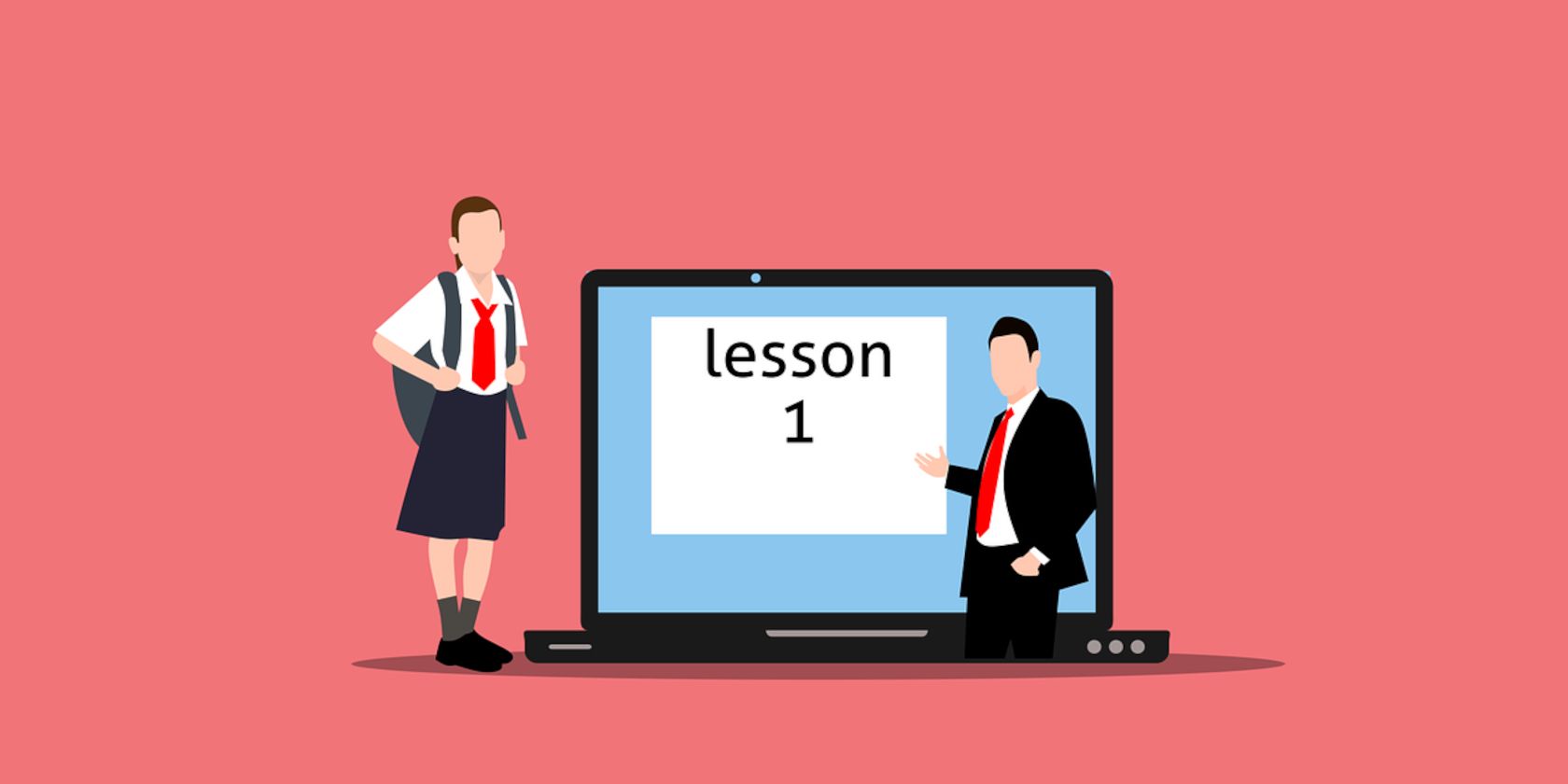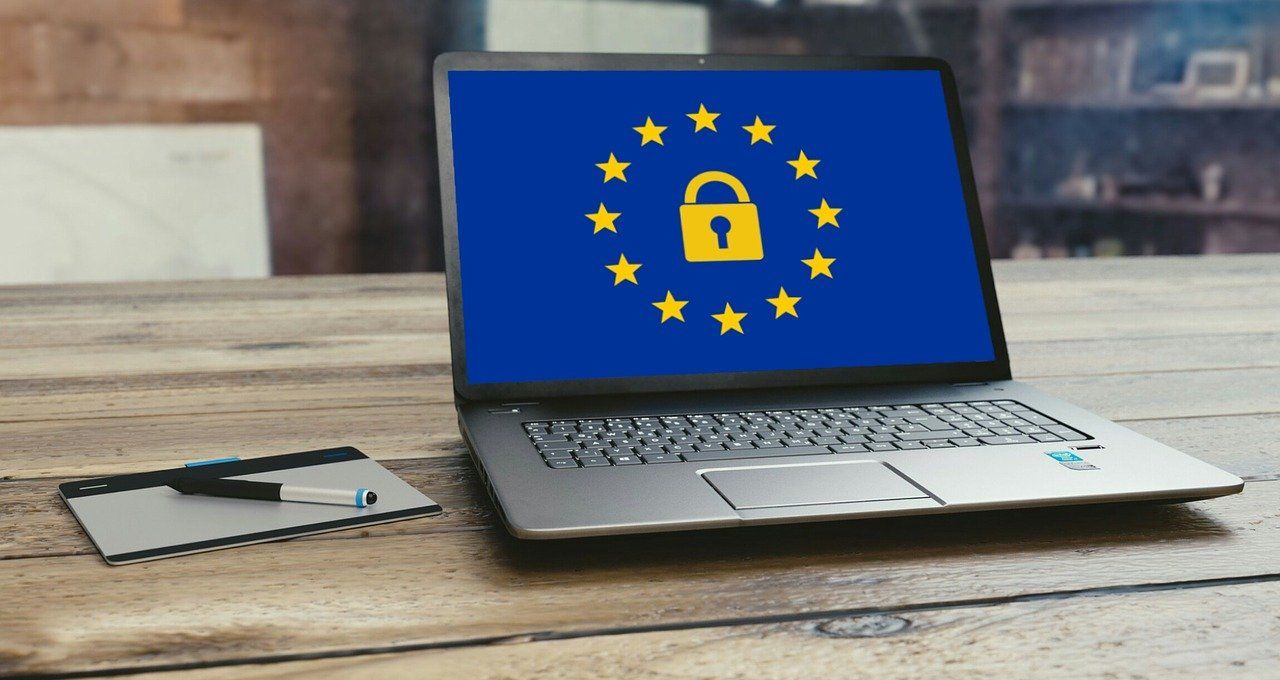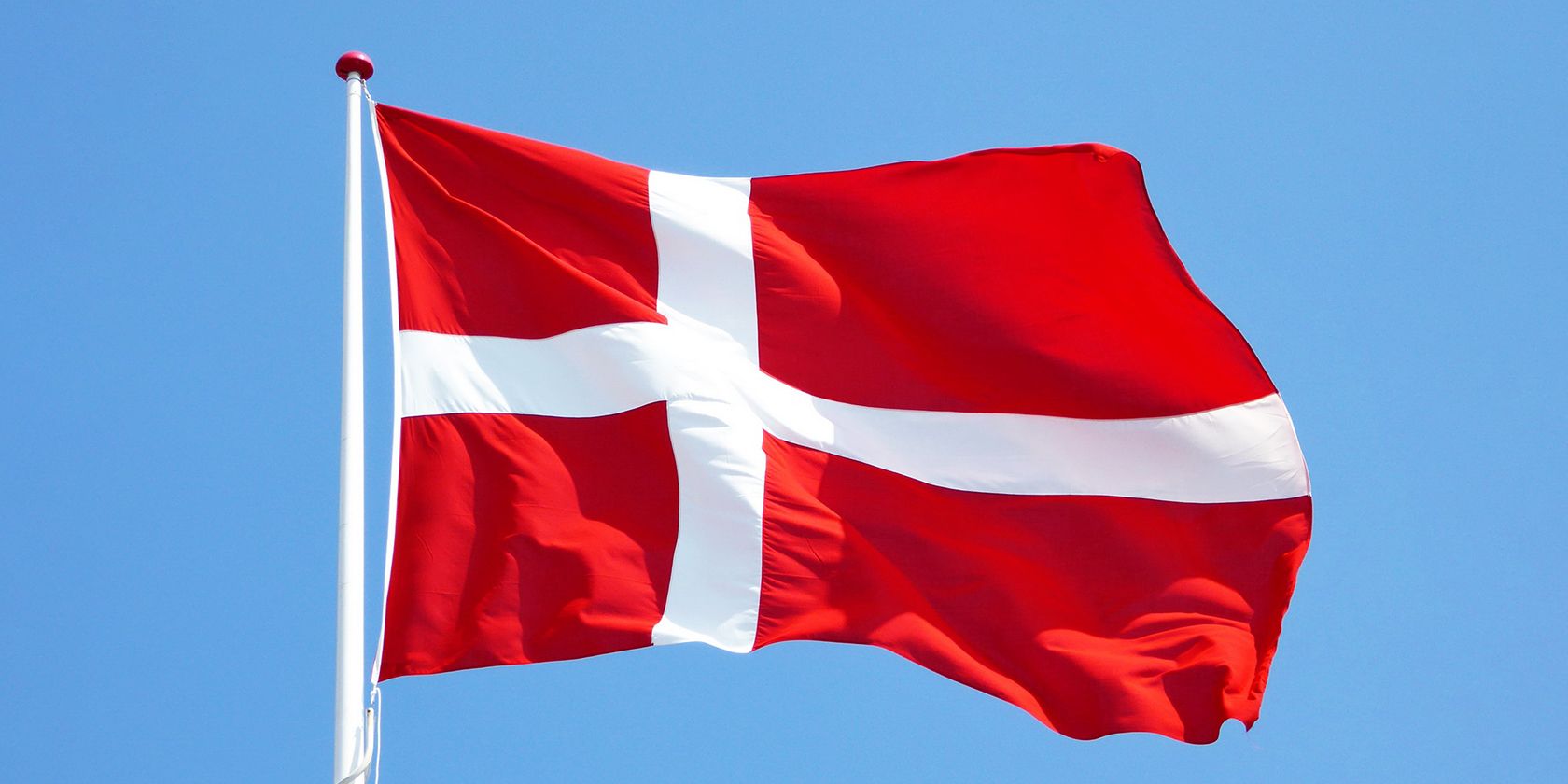Google is a dominant force in education throughout the world, with its Chromebook series of laptops found in almost every school. Google Classroom also facilitates many lessons.
However, data protection concerns mean that the tech giant could be expelled from parts, or potentially all, of the EU. Here's what you need to know.
Google Was Welcome in All Danish Schools—Now It's Not
In July 2022, the Danish data protection agency Datatilsynet ruled that Google Chromebooks and Google Workspace were to be banned in the municipality of Helsingør due to data protection issues.
Concerns about Google's deep integration with schools were initially raised in 2019 by Jesper Graugaard, the father of an eight-year-old boy who was provided with a YouTube account at school. The account listed the child's full name, school, and class. However, Mr. Graugaard had not given the school permission to provision an account for his son.
He complained to Datatilsynet in December 2019. In September 2021, after almost two years of deliberation, the Datatilsynet ruled that educational institutions in Helsingør were to immediately carry out a "risk assessment of the processing in Chromebooks and G-Suite, reflecting the flows of personal data the processing entails."
In July 2022, the Danish Data Protection Agency found that "the processing does not meet the requirements of the GDPR in several respects."
Because of this, Datailsynet imposed the following:
- A general ban on processing with Google Workspace until adequate documentation and impact assessment are provided and until the treatments are brought into line with Regulation
- Suspension of the Municipality of Helsingør carrying out processing operations where data is transferred to third countries without the necessary level of protection
Among other worries, such as general corporate surveillance and targeting, Datatilsynet is concerned that teachers and pupils in Helsingør will be at risk from mass surveillance by US authorities.
In addition, The Danish Data Protection Authority warned Helsingør Municipality that using Google G-Suite's add-on programs without carrying out a data protection impact analysis would also violate the data protection regulation.
Google Chromebooks and Workspace for Education were banned in Helsingør immediately from August 3rd, 2022, and Google Cloud was forbidden to act as a data processor in the area.
Datatilsynet made a point of noting that that violation of the ban is punishable with a fine or up to six months imprisonment.
What Does the Datatilsynet Helsingør Decision Mean for Denmark and the EU?
The General Data Protection Regulation (GDPR) is a component of EU privacy law and the International Human Rights Law, protecting individuals' personal data as well as regulating who may access data and from where. Although it applies throughout the European Union, each of the 27 member states has its own agency, and enforcement is flexible.
If the Datatilsynet ruling—which effectively bans Google from educational settings in one region—is upheld, other parents may follow suit in lodging their complaints. It's entirely possible that Google could be shut out of schools, colleges, and universities throughout Denmark.
It also opens the door for parents in other EU states to take similar action. It is not beyond the bounds of possibility that Google could be ejected from education everywhere in Europe.
Are There Any Good Alternatives to Google Classroom?
Google has made a concerted effort to make Chromebooks and its services a key component of modern classrooms. Chromebooks are cheap, and software is usually free.
But ubiquity doesn't mean that Google and its learning ecosystem are irreplaceable. Several Google Classroom alternatives are out there—like Moodle, an excellent open-source learning environment for students and teachers. Simultaneously, Nextcloud provides virtually everything an online classroom could need.
Even better—these server applications are fully GDPR compliant and can be hosted on the schools' hardware. That means there are no concerns about data being processed outside the country. Cheap, disposable Chromebooks can also be supplanted by older laptops running Linux.
Google Has Other Legal Troubles in Europe
The EU has long had issues with Google—particularly regarding its monopoly status with Search on Android, as well as data processing outside of Europe. Regardless of how this Danish GDPR palaver plays out, it's worth remembering that Google is a for-profit corporation, and just because it provides something for free doesn't mean it's without cost.



